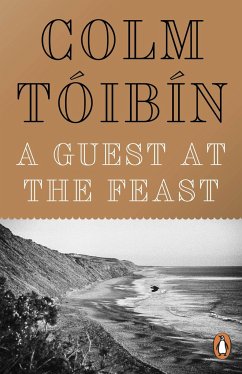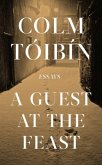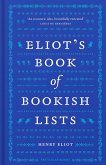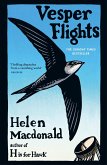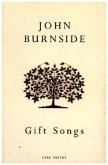A Guest at the Feast uncovers the places where politics and poetics meet, where life and fiction overlap, where one can be inside writing and also outside of it.
From the melancholy and amusement within the work of the writer John McGahern to an extraordinary essay on his own cancer diagnosis, Tóibín delineates the bleakness and strangeness of life and also its richness and its complexity. As he reveals the shades of light and dark in a Venice without tourists and the streets of Buenos Aires riddled with disappearances, we find ourselves considering law and religion in Ireland as well as the intricacies of Marilynne Robinson's fiction.
The imprint of the written word on the private self, as Tóibín himself remarks, is extraordinarily powerful. In this collection, that power is gloriously alive, illuminating history and literature, politics and power, family and the self.
From the melancholy and amusement within the work of the writer John McGahern to an extraordinary essay on his own cancer diagnosis, Tóibín delineates the bleakness and strangeness of life and also its richness and its complexity. As he reveals the shades of light and dark in a Venice without tourists and the streets of Buenos Aires riddled with disappearances, we find ourselves considering law and religion in Ireland as well as the intricacies of Marilynne Robinson's fiction.
The imprint of the written word on the private self, as Tóibín himself remarks, is extraordinarily powerful. In this collection, that power is gloriously alive, illuminating history and literature, politics and power, family and the self.

